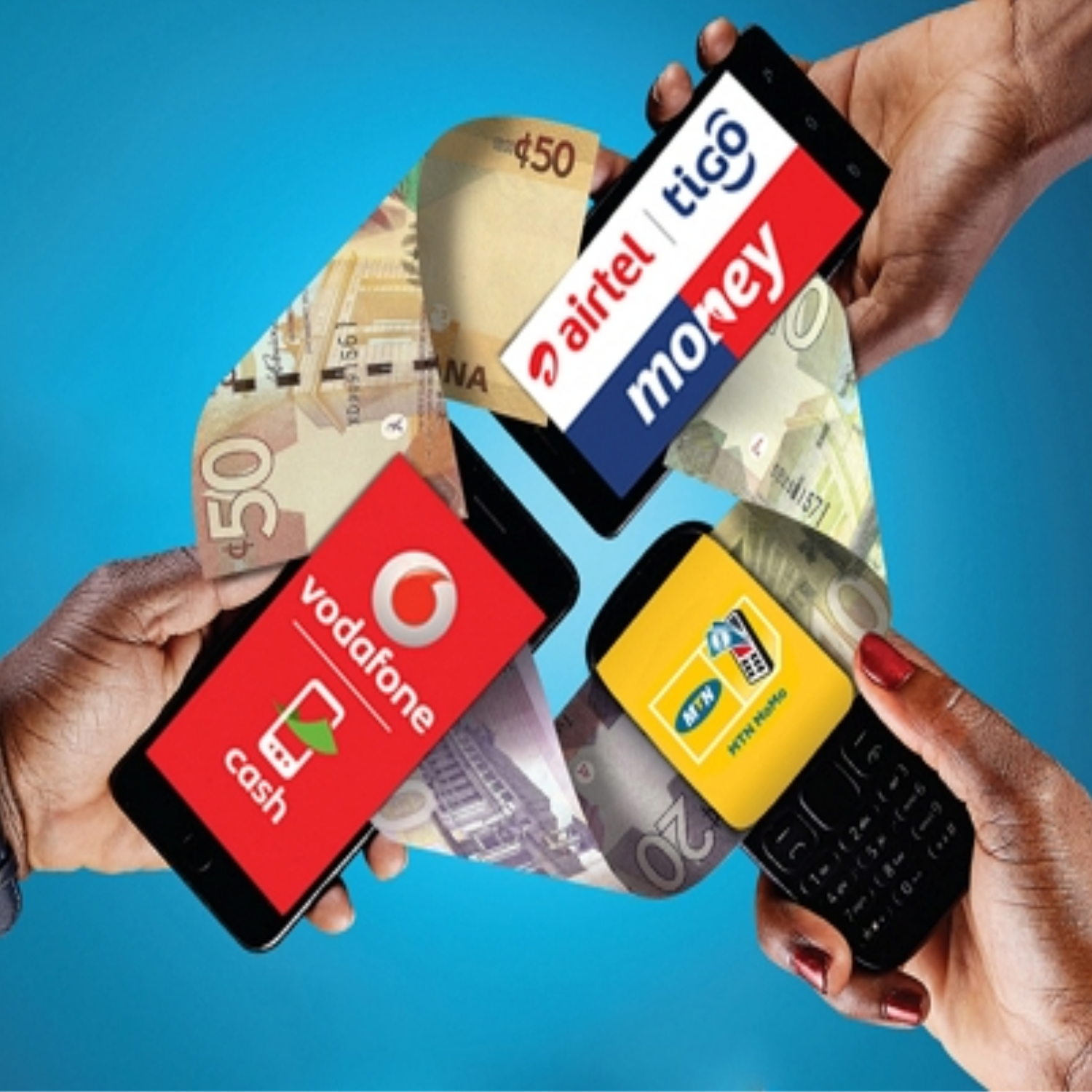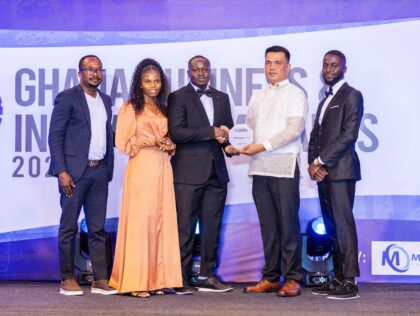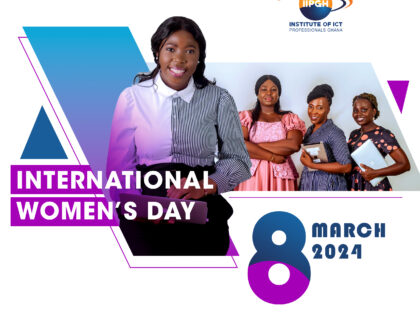… A Call for Telcos, Banks and Regulators
In our first article it was established that Strategic alliances between telecoms and banks in Ghana are said to play a key role in building a new Ghanaian economy which eventually lead, in the long run, to Ghana enjoying a cashless economy, financial inclusion, etc. They can change the traditional world, in which telecom operators and banks had nothing in common. How did these two apparently different worlds come to meet each other and cooperate?
This cooperation has strategic underpinnings. Telecoms and banks have been merging in order to create integrated services involving mobile banking and mobile payments and use the synergies of common services. For telecoms, it is an obvious way to find new sources of income. In recent years, we have observed telecoms trying to sell IT services and cloud services. They continue to look for diversification of income in different markets and new methods for strengthening customer loyalty. Now is the time for financial services and telecom operators to cooperate. As telecoms do not have banking licenses, they need the agreements with banks to sell their products under the new logo. Even if in the beginning operators do not make big money from selling financial services, they can connect with new clients for many years.
There are many interesting examples of such alliances between telecoms and banks in very different regions of the world. The struggle both for dominating the mobile payment market and finding new sources of income is similar around the world. In Turkey in 2010 Garanti Bank and Avea signed an agreement to launch commercial NFC services in Turkey. The bank and the mobile operator planned to equip 100,000 customers with a smart device that will allow them to make mobile payments at more than 15,000 retailers in Turkey. One year later, the State Bank of India, India’s largest commercial bank, and Bharti Airtel, India’s largest telecommunications company, signed a joint venture agreement to make banking services available to India’s unbanked millions. The partners announced that they would offer banking products and services to the citizens in unbanked areas at affordable prices. In Latin America there were also examples of such cooperation. In October 2011 Citigroup and América Móvil have teamed up for a $50 million mobile banking joint venture, named Transfer, for services across Latin America. In May 2013 Spanish Caixa Bank, Santander, and Telefonica signed an agreement to create a joint venture and develop a new digital business based on the latest mobile and communication technologies. The new company planned to start its activities with the development of an online community to manage offers, discounts, and promotions between business and clients.
Back home here in Ghana, Operators like MTN, AIRTEL/TIGO and VODAFONE have partnered with over 10 banks in the country to provide Mobile Financial services. This partnership is making mobile money take a conformable lead by making a Ghana a cashless society and bringing financial inclusion.
Since the inception of mobile money in the country, the service has revolutionized the way people conduct business. Ghanaians do not have to go through the sometimes tedious process of opening up a bank account; as it acts as a mini bank account, providing all the basic necessities that bank accounts offer through the mobile phone. The service has also become handy in payment of utility bills for services like electricity, water, pay television, taxes among others and therefore saving time and money that is incurred to access banks which at times, are located at distant places.
Banks in the country have also realized the popularity of mobile money among the population and have since devised ways to tap into this revolution. Most banks have become mobile money agents by partnering with the telecom companies.
Regulators should also ensure that m-banking systems are lucrative for the MNOs, banks and their clients while protecting clients should be the top-most priority. The principal banks should consider creating a dedicated fund for promoting the use of mobile money among low-income clients. Additionally, the banks should incentivize private partners to develop platforms to reach low-income urban and rural populations, and create an intuitive interface for users with diverse economic and education backgrounds.
Banks and regulators should take note: Banks should see mobile money as an exciting chance to exploit telecoms firms’ vast retail networks and powerful brands to reach new customers. Tie-ups between banks and operators will help reassure regulators. But they, too, need to be prepared to be more flexible. People who want to sign up for mobile-money services should not, for example, have to jump through all the hoops required to open a bank account. Concerns about money-laundering can be dealt with by imposing limits on the size of mobile-money transactions, and on the maximum balance. And inflexible rules governing the types of establishments where cash can be paid in and taken out ought to be relaxed.
Mobile money presents a shining opportunity in Ghana to start a second wave of mobile-led development. Operators, banks and regulators should seize it.
Author: Ebenezer Kwaku Osei Owusu – (Business and System Analyst and Member: Institute of ICT Professionals, Ghana)
For comments, contact author eben.owusugh@gmail.com Mobile: +233266000751.





